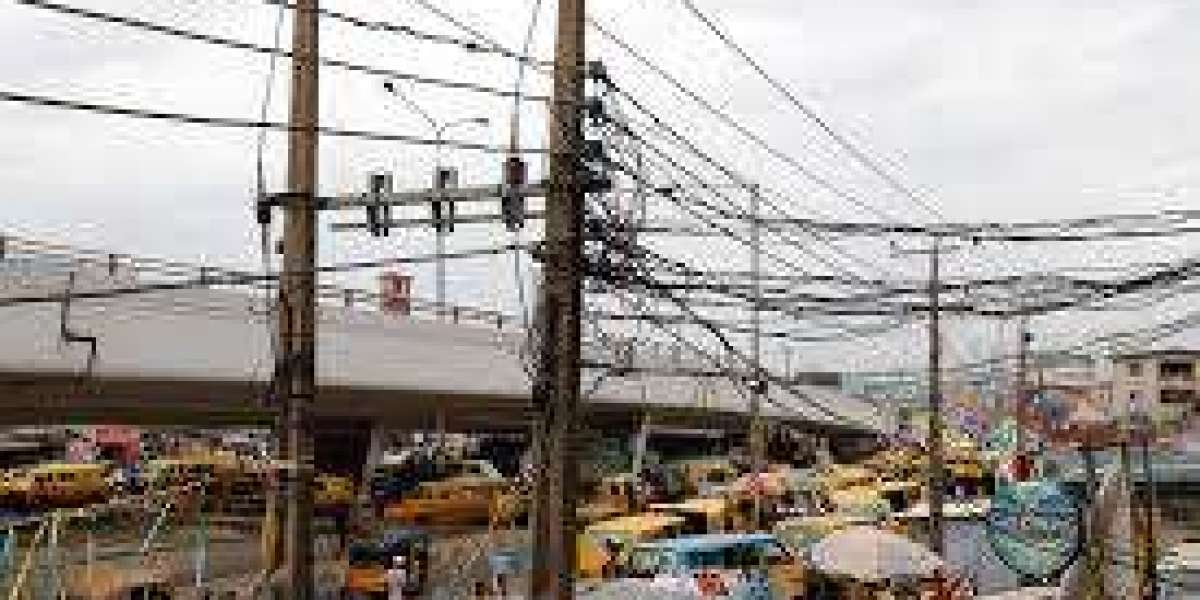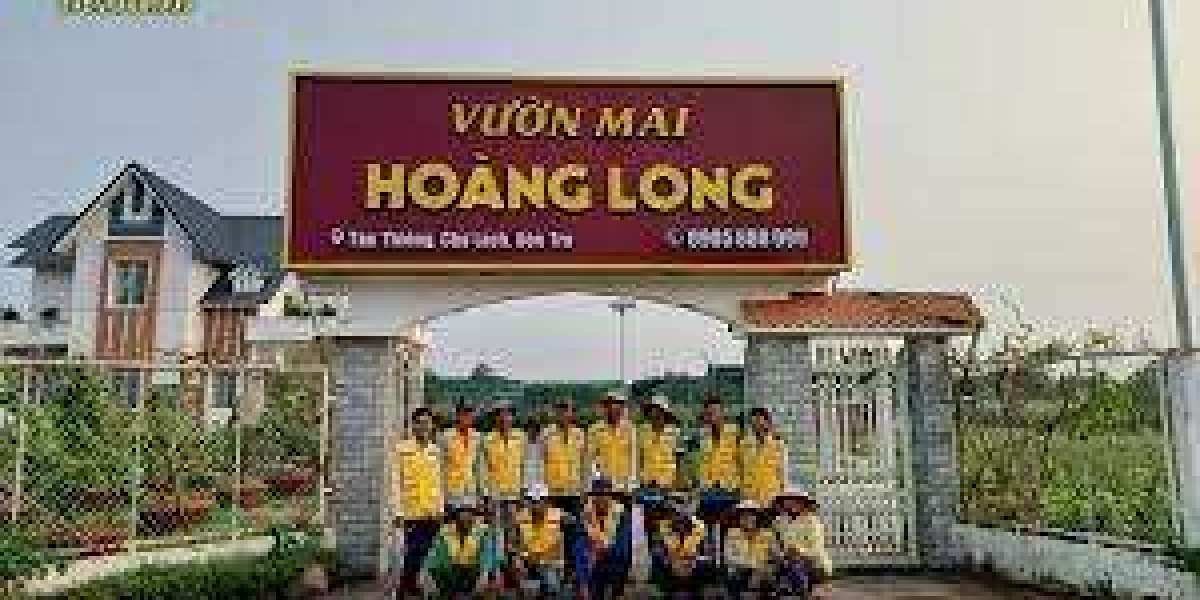Nigeria has achieved a 35% reduction in electricity subsidies, following last year’s targeted tariff increase for high-consumption consumers, according to Power Minister Adebayo Adelabu, as reported by Reuters.
The move is part of a broader strategy to reform Nigeria’s struggling power sector, which has long been burdened by an unreliable grid, persistent gas supply challenges, and deep-rooted financial constraints. Previously, the Nigerian government was spending nearly ₦200 billion ($125 million) per month on electricity subsidies due to tariffs that failed to reflect the actual cost of power generation and distribution.
In 2023, the government began removing subsidies for the top 15% of electricity consumers, a group that includes both residential and commercial users with high energy demands. The reform was aimed at reducing the fiscal burden on the state while encouraging more efficient energy use among top-tier consumers.
During a recent press conference in Abuja, Minister Adelabu stated that the adjustment had a positive financial impact, with the electricity market generating an additional ₦700 billion in revenue, representing a 70% increase. He added that these reforms helped reduce the government’s tariff shortfall from ₦3 trillion to ₦1.9 trillion.
Despite these fiscal gains, Nigeria’s power sector continues to face major operational and infrastructural hurdles. Although the country has an installed capacity of 13,000 megawatts (13GW), actual output often falls to just 4,000–5,000MW, well below national demand. This gap has forced many businesses and households to rely on costly alternative power sources such as diesel generators and inverters.
To address these persistent challenges, the Nigerian government, in collaboration with several international partners, has launched the $500 million Distributed Renewable Energy (DRE) Nigeria Fund. The initiative is supported by the Nigeria Sovereign Investment Authority (NSIA), Sustainable Energy for All (SEforALL), the International Solar Alliance (ISA), and Africa50.
The DRE Nigeria Fund will focus on financing and scaling decentralized energy solutions such as mini-grids, solar home systems, commercial and industrial power systems, embedded generation, and energy storage technologies. Its goal is to provide affordable, reliable, and sustainable electricity to underserved and off-grid communities across the country.
The combination of subsidy reform and renewable energy investment is expected to bring Nigeria closer to a sustainable and financially viable power sector. While significant progress has been made, stakeholders emphasize the need for continued investment, regulatory clarity, and improved infrastructure to fully unlock the sector’s potential.







